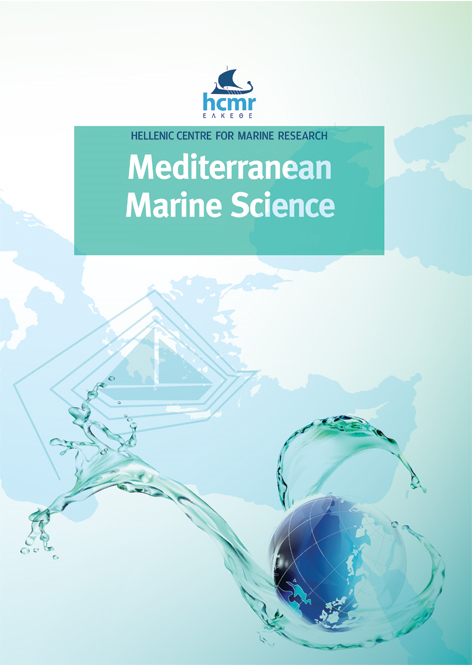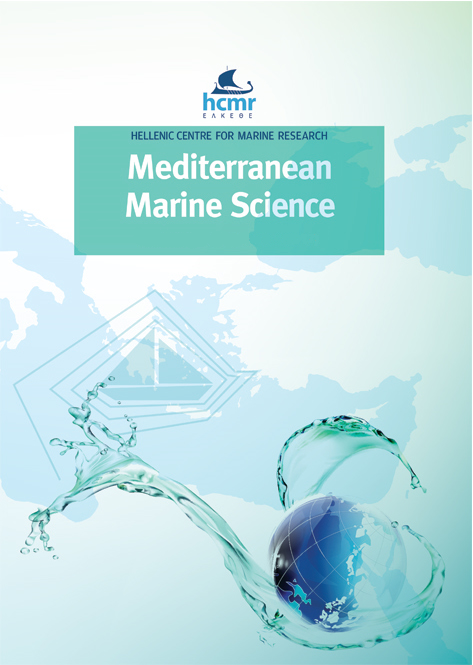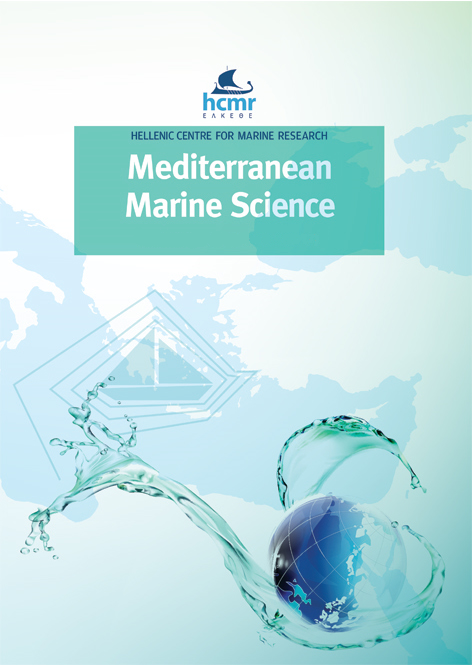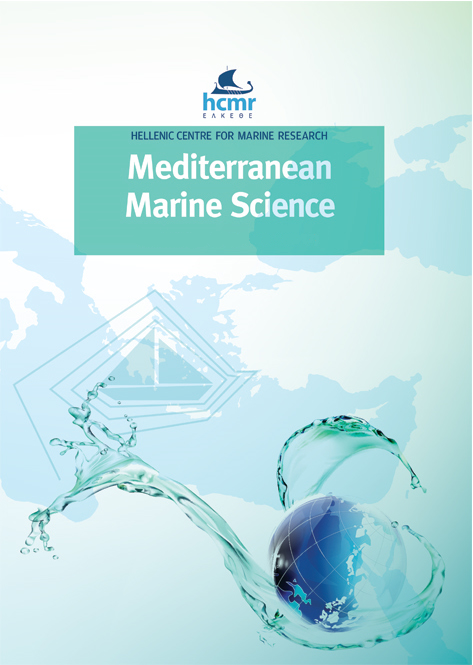Mediterranean Sea Literacy: When Ocean Literacy becomes region-specific
Abstract
Ocean Literacy (OL) has been defined as an understanding of the ocean’s influence on people and their influence on the ocean. The OL movement was born in the US and its framework consisted of seven essential principles and 45 fundamental concepts; it is now largely accepted worldwide for use in both formal (schools and universities) and non-formal (research institutes, aquaria, museums, etc.) education settings. Based on this framework, marine scientists and educators developed the “Mediterranean Sea Literacy” (MSL) guide adapted to the specificities of the Mediterranean region, presented here. The MSL principles (7) and concepts (43), serving as guidance for research, education, informed decision-making, and improved citizens’ lifestyles, aim to contribute to environmental protection, conservation, and restoration of the Mediterranean Sea as well as to help to achieve a blue innovative and sustainable economy.
Article Details
- Zitationsvorschlag
-
MOKOS, M., CHEIMONOPOULOU, M. T., KOULOURI, P., PREVIATI, M., REALDON, G., SANTORO, F., MOGIAS, A., BOUBONARI, T., GAZO, M., SATTA, A., IOAKEIMIDIS, C., TOJEIRO, A., CHICOTE, C. A., PAPATHANASSIOU, M., & KEVREKIDIS, T. (2020). Mediterranean Sea Literacy: When Ocean Literacy becomes region-specific. Mediterranean Marine Science, 21(3), 592–598. https://doi.org/10.12681/mms.23400
- Ausgabe
- Bd. 21 Nr. 3 (2020)
- Rubrik
- Short Communication
Authors who publish with this journal agree to the following terms:
- Authors retain copyright and grant the journal right of first publication with the work simultaneously licensed under a Creative Commons Attribution Non-Commercial License that allows others to share the work with an acknowledgement of the work's authorship and initial publication in this journal.
- Authors are able to enter into separate, additional contractual arrangements for the non-exclusive distribution of the journal's published version of the work (e.g. post it to an institutional repository or publish it in a book), with an acknowledgement of its initial publication in this journal.
- Authors are permitted and encouraged to post their work online (preferably in institutional repositories or on their website) prior to and during the submission process, as it can lead to productive exchanges, as well as earlier and greater citation of published work (See The Effect of Open Access).








